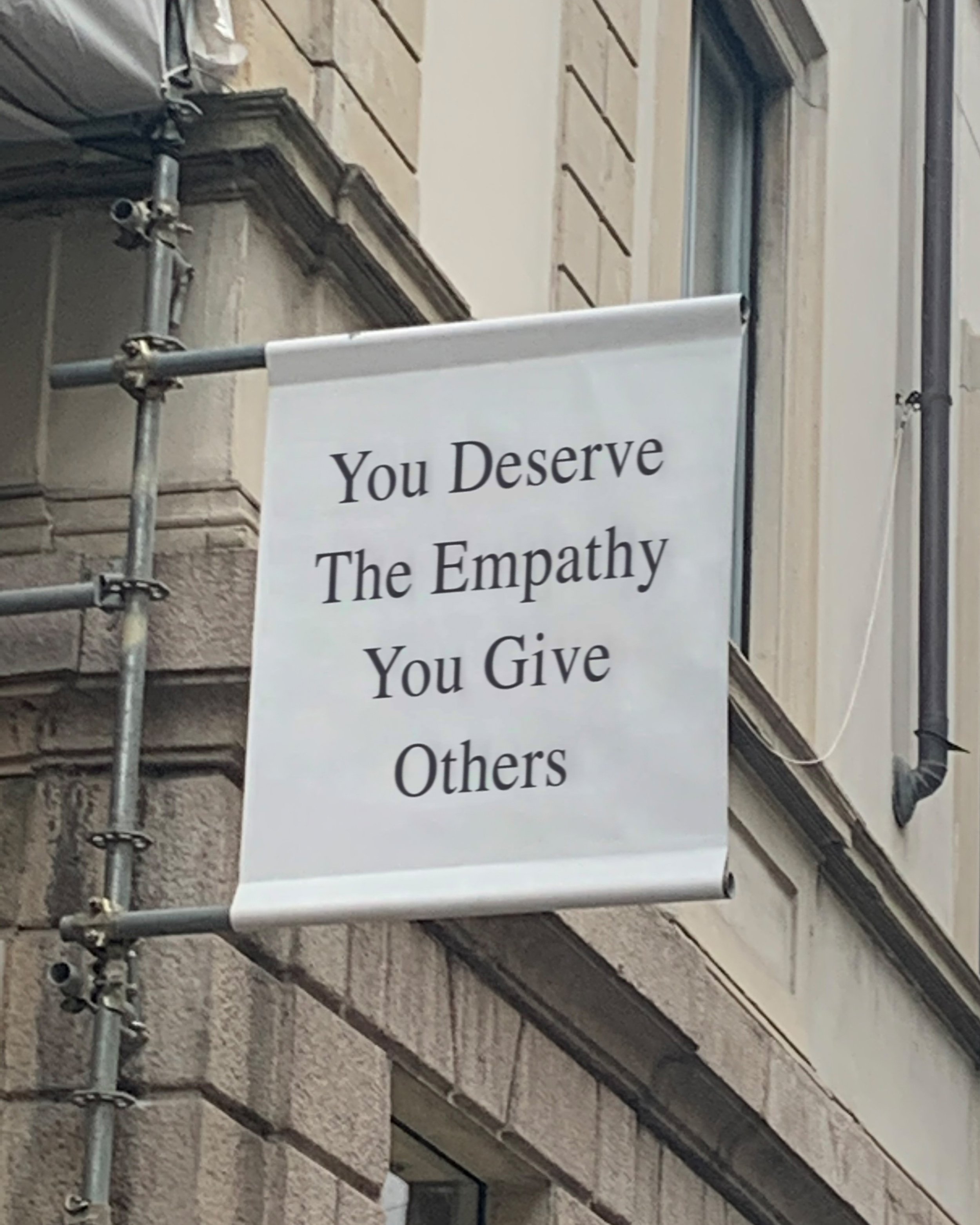Blog
Popular Topics

The Power of Restorative Rest: How it Heals Anxiety and Trauma
Restorative rest is essential for recharging the body and mind, activating the parasympathetic nervous system to reduce stress, tension, and inflammation while promoting long-term physical and emotional health. Unlike passive scrolling or idle relaxation, restorative rest involves intentional practices like eating slowly, walking mindfully, or putting your phone away to signal safety to the brain and regulate the nervous system. Prioritizing rest isn’t lazy—it’s a powerful investment in productivity, creativity, and overall well-being.

Healing Through Connection: The Power of Nourished Relationships and Co-Regulation
Curious to learn more about the influence your relationships have on your nervous system and stress reponse? Let's explore the impact of relationships on the healing journey. Our nervous systems thrive in the presence of safe and stable individuals, making nourishing relationships one of the most powerful tools in healing. Learn ways to find healthy individuals to create relationships with and discover how transformative a safe support system can be.

The Importance of Self-Compassion
Self-compassion is often thought to be soft, weak, or unproductive. But self-compassion isn't wallowing and, actually, research shows numerous benefits of practicing self-compassion. We'll explore what self-compassion actually is, what the research says, and how to bring in practices to everyday life.

The Science of Connection: Why Neurobiology is Important in Couple’s Therapy
The neurobiology of connection is essentially what happens in the brain when we are in connection with others. In a hyper-world, it can be easy to forget that we are social creatures. Connection isn’t just something we want, it’s something we need. Just like air, we can’t survive without it. This blog explores the connection between Polyvagal Theory, Attachment Styles, and Couple’s Work.

Validation in Relationships
Validation does not always (or even usually!) mean saying “You’re right” or “I’m sorry.” In conflict, we often fear that validating the other person is akin to “losing” the argument or giving up. It can actually be quite the opposite. Validation can build compassion, cultivate connection, and lead to strengthened communication.

A Path to Relieving Chronic Pain
Holistic psychotherapy offers hope for chronic pain sufferers. This comprehensive approach addresses psychological triggers, stress reduction, coping strategies, and lifestyle factors, leading to lasting relief and improved well-being. If you're living with chronic pain, consider holistic psychotherapy as part of your pain management strategy for a more comprehensive solution.

Attachment Styles & Our Relationships
Attachment styles are patterns of relating to others, primarily formed in early childhood through interactions with caregivers. These styles play a significant role in shaping how individuals approach emotional intimacy and relationships, impacting their trust, vulnerability, and behavior. Working with a licensed mental health professional is a safe and supportive way to address and potentially change one's attachment style.

Embodiment: Coming Home to Ourselves
The text explores the concept of embodiment, emphasizing the importance of reconnecting with the physical body in a culture that often prioritizes intellectual and emotional aspects over the physical. It defines embodiment as the experience of being a body in a social context and highlights the significance of exteroception, proprioception, and interoception in creating a felt sense of self.

How Trauma Can Impact Your Relationships
Trauma can make it more difficult to connect and engage with others and can lead to difficulties in trust, communication, and intimacy.

Intrusive Thoughts: An Acceptance and Commitment Approach
An exploration of Intrusive Thoughts, including what they are, who has them, and why they’re so emotionally distressing. From there, we’ll move into exploration of Acceptance and Commitment Therapy, a mindfulness-based behavioral therapy that can offer us relief in the form of psychological flexibility.

Self-Compassion + Your Nervous System
Just as our stories are different depending on how the nervous system is functioning, the stories we are telling ourselves also impact how the nervous system is functioning. We have the ability to help support the nervous system in regulating or to contribute to dysregulation.

Boundaries: A Radical Act of Self-care
An exploration of boundaries as a radical act of self-care. We’ll discuss what boundaries actually are, why they’re difficult to set, and why we need them both for our mental health and for the health of our relationships.

Love After Abuse
How will I know when I’ve found a healthy relationship? I wish there was a simple answer to this question. One of the most important characteristics of a healthy relationship is both partners feeling safe. This can be tricky because it’s different than feeling comfortable. Sometimes, we stay in relationships because they are familiar even if we aren’t happy or if our needs are consistently unmet.

What is Vagal Toning?
Part two in our two-part series about the Nervous System! We’ll explore the vagus nerve, the definition of vagal tone, and practices to regulate our nervous system.

An Introduction to Understanding Your Nervous System
Take some time to learn what is happening in your nervous system. We explain the purpose of your nervous system, how it impacts you on a day to day, and explain polyvagal theory. Gain a better understanding of how the mind and body are connected and influence each other.

Treating Substance Use Holistically
Substance use is a complex, layered struggle. Building an integrative, holistic treatment play is critical when it comes to supporting the individuals mind, body and soul.

6 Holistic Ways to Get Better Sleep
The quality of our sleep also plays a role in how well our nervous system is functioning. Let’s take stressors for example, if we are sleeping poorly (which is a kind of physical stressor) we will be less able to properly handle stressors and may find that we are overwhelmed more easily.

The Impact of Trauma on your Mind and Body
Trauma is not just a category of experiences, it is also about our response to those experiences. An ongoing stressor can be a traumatic experience, as can the betrayal of trust in a relationship, a physical accident, or suddenly losing someone important to you.

Inflammation and Your Mental Health
We continue the conversation with naturopathic doctor, Dr. Kelsey Myers, as she discusses the bidirectional relationship inflammation and mental health.

Inflammation: What You Need to Know & How to Reduce it
Our naturopathic doctor, Dr. Kelsey Myers, breaks down what inflammation is and small changes you can make to you daily life that can help improve this problem.
